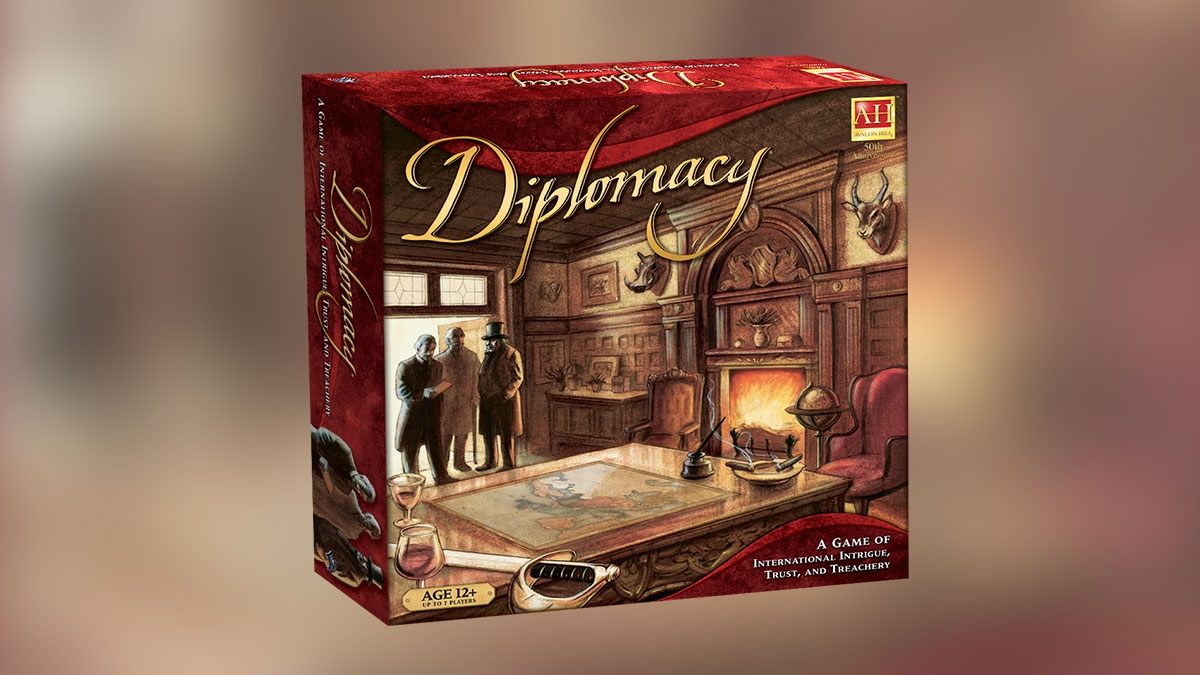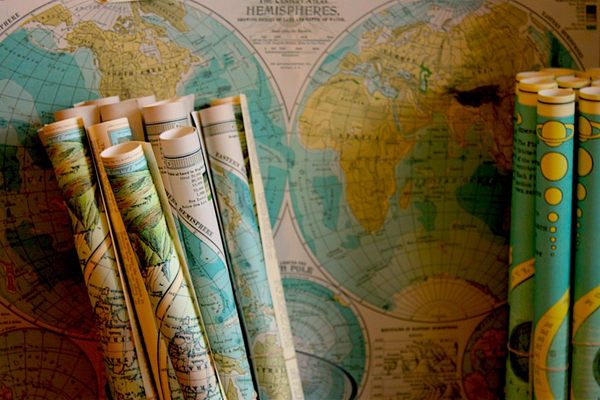Wishlist: ‘Diplomacy’ the Board Game
It’s like “Risk” but with more talking (and less board-flipping).

Diplomacy: A Game of International Intrigue, Trust, and Treachery
$29.99, Amazon
In the game of Diplomacy, the board is a stylized map of pre-World War I Europe, and it looks a lot like that of its better-known counterpart, Risk. But Diplomacy has no turns and no dice. As your overly competitive, board-game-loving friend will tell you, luck has no place in Diplomacy. It’s all skill.
That skill, of course, is your ability to negotiate. Each player controls armies and resources, and you gain territory and overcome other players’ forces based on your ability to form alliances—and then break them at just the right time. Each turn consists of 30 to 45 minutes of negotiating with other players, until everyone reveals their moves at the same time. Diplomacy aficionados seem to take a certain pride in how those dramatic reveals destroy friendships. Yes, it’s just a game. But after four hours of working together to conquer Russia, will you really forgive a friend who unexpectedly teams up with Russia to devastate your army?
I’ve never played Diplomacy, but I’ve wanted to ever since I started progressing from Risk to Settlers of Catan to Imperial. Diplomacy is to those games as chess is to checkers. Its lack of chance, length, and less-than-bombastic win condition—rather than conquering the world, players win by controlling 18 supply centers—all give it pride of place on the board game hierarchy. Diplomacy has even been enjoyed by political heavy-hitters like Henry Kissinger and John F. Kennedy.
Each item is independently selected by our editorial staff. If you buy something through our links, Atlas Obscura may earn an affiliate commission.









Follow us on Twitter to get the latest on the world's hidden wonders.
Like us on Facebook to get the latest on the world's hidden wonders.
Follow us on Twitter Like us on Facebook